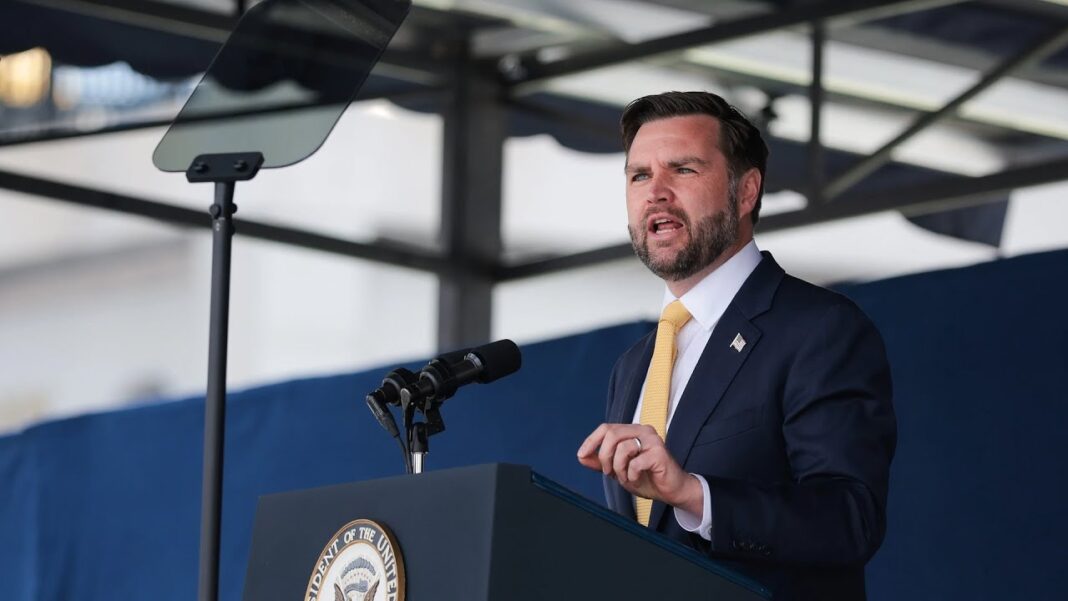The proposed cuts would shift money away from foreign aid, public broadcasting, and foreign health programs.
President Donald Trump’s $9 billion rescissions package, advanced by Senate Republicans in a narrow vote on July 15, seeks to claw back funding that Congress had already approved for foreign aid, humanitarian programs, and public broadcasting.
Officially titled the Rescissions Act of 2025, the bill reflects the Trump administration’s effort to translate proposed Department of Government Efficiency (DOGE) cuts into law, aiming to reallocate billions toward domestic priorities. A final vote is expected by week’s end.
Supporters say the rescissions promote responsible spending and put American interests first. Critics contend that such cuts could undermine U.S. global leadership and disrupt programs that deliver important support both internationally and within local communities.
Here’s who could be affected if the bill becomes law.
American Taxpayers
Supporters say that the measure promotes fiscal discipline and prioritizes domestic needs over foreign programs, cutting wasteful or needless spending at a time of record-high national debt.
Critics say that, among other things, it would reduce access to public media in the United States.
The bill proposes eliminating the entire $1.1 billion in advance funding set aside for fiscal years 2026 and 2027 for the Corporation for Public Broadcasting (CPB). That funding supports NPR, PBS, and about 1,500 local public radio and television stations nationwide.
Local stations rely on CPB grants to fund operations, emergency alerts, educational programming, and community news coverage. According to the Public Media Alliance, many of these stations—especially those in smaller markets—could lose significant portions of their budgets.
The advocacy group warns that cutting CPB funding could create “news deserts” in regions with limited commercial media options, leaving communities without local reporting on civic issues, elections, and public safety. Supporters of the cuts respond that with the internet, media subsidies are no longer needed.
Citizens of Other Countries
Developing nations stand to lose around $2.5 billion that would be rescinded from the $3.9 billion Congress set aside for USAID’s Development Assistance in fiscal year 2025. These funds are aimed at reducing poverty and fostering democratic institutions.
Foreign communities that benefit from global health programs face a $500 million reduction, affecting initiatives aimed at combating diseases such as malaria and tuberculosis, and improving maternal and child health.
By Tom Ozimek







